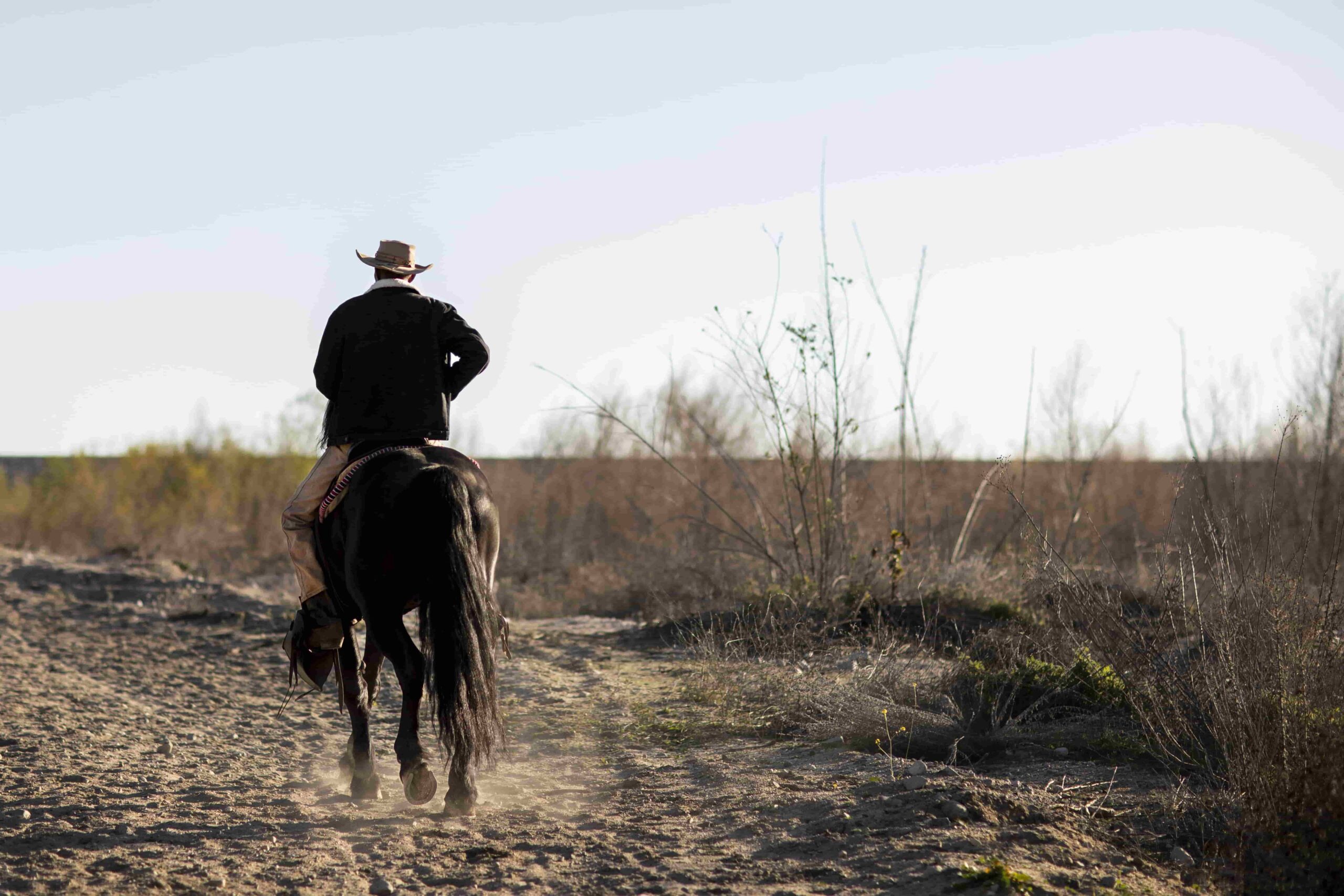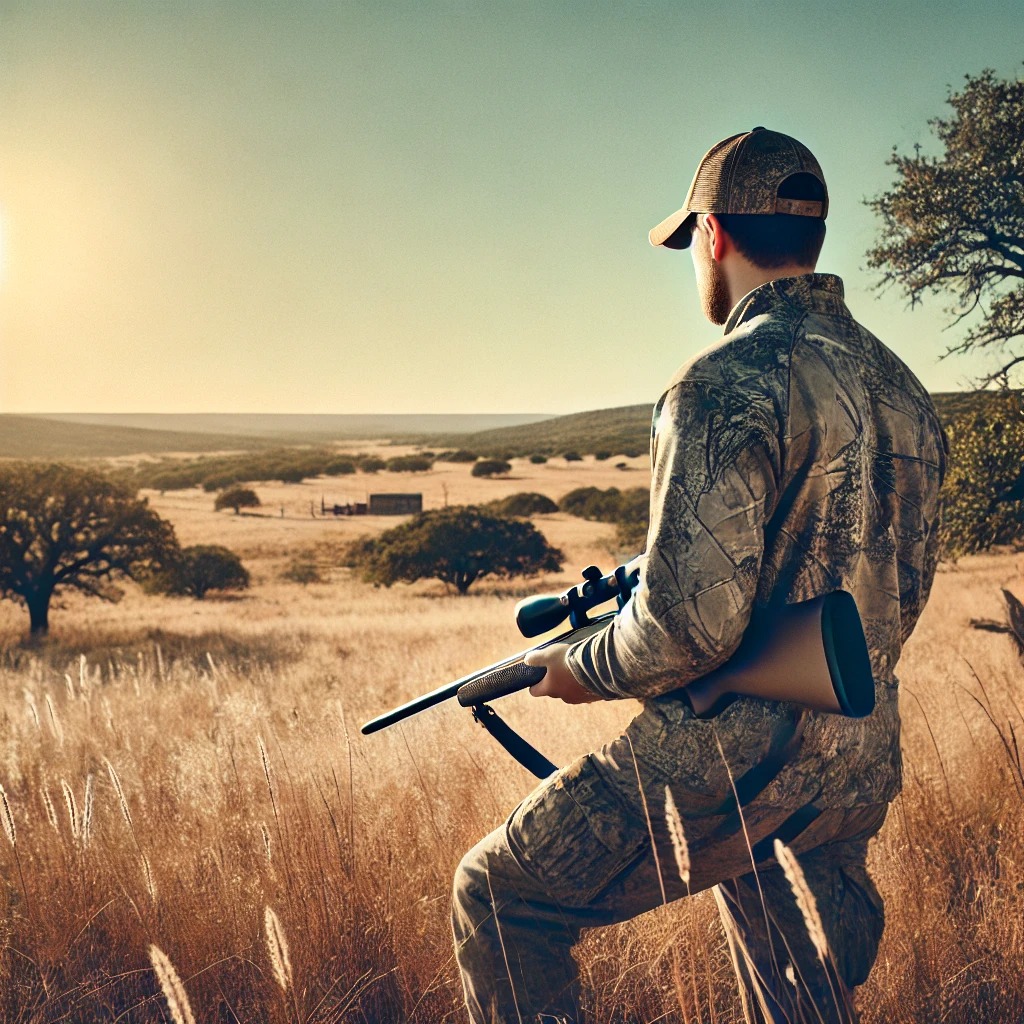The natural world is a finely tuned system where each species has its role. Predators, in particular, play a crucial part in maintaining balance by managing prey populations. However, when predator numbers grow unchecked, they can threaten ecosystems, agricultural activities, and biodiversity. This is where responsible predator control, often through hunting, becomes not just a practical necessity but an ecological responsibility.
Predator management has long been a topic of debate, but the evidence shows that controlling predator populations benefits both the environment and human interests. From protecting endangered species to sustaining game populations, predator control ensures harmony between predators, prey, and the ecosystems they inhabit.
Understanding the Need for Predator Control
Predators such as coyotes, feral hogs, and raccoons play significant roles in nature, but their unchecked growth can lead to several problems. Overpopulation often occurs due to the absence of natural regulating factors, such as larger predators or disease outbreaks. In areas where human development has altered landscapes, these predators find abundant resources, enabling their populations to expand rapidly.
Unchecked predator populations can lead to:
- Depletion of Prey Species: When predator numbers grow too high, they can decimate prey populations, disrupting the food web. Small mammals, ground-nesting birds, and even game animals often suffer steep declines.
- Threats to Endangered Species: Predators can pose a significant danger to species already struggling due to habitat loss or climate change. Ground-nesting birds like quail and endangered reptiles often fall victim to overabundant predator populations.
- Economic Damage: Agricultural producers often experience significant losses due to predation on livestock and crops. Coyotes preying on sheep or raccoons raiding poultry farms can cause financial strain.
Predator control helps mitigate these impacts by maintaining balance, ensuring that neither predators nor prey disrupt the ecosystem’s natural harmony.
The Role of Hunters in Predator Management
Hunters play a critical role in predator control. By targeting overabundant species, hunters help restore balance in ecosystems while also enjoying the challenge and skill involved in tracking predators. In states like Texas, varmint hunting—focusing on animals like coyotes, bobcats, and feral hogs—has become both a recreational activity and an environmental service.
- Coyotes: These highly adaptable predators are often overpopulated, posing threats to livestock and small game animals. Responsible coyote hunting helps prevent over-predation and preserves biodiversity.
- Feral Hogs: Feral hogs are not only predators but also ecosystem disruptors. Their rooting behavior destroys habitats, damages crops, and threatens native species.
- Raccoons: While raccoons are generally scavengers, they can prey on bird eggs and small mammals, leading to imbalances in local ecosystems.
By managing predator populations, hunters contribute to conservation efforts and help ensure the survival of many prey species that might otherwise face population declines.
How Predator Control Benefits Ecosystems
Predator control yields tangible benefits for ecosystems, including:
- Biodiversity Preservation
When predators dominate an ecosystem, they often overhunt certain species, reducing biodiversity. For instance, overabundant coyotes can decimate populations of small mammals and birds, which in turn affects the plants and insects that depend on them. By controlling predator populations, hunters and wildlife managers help maintain the diversity necessary for a healthy ecosystem. - Improved Prey Populations
Prey species like deer, rabbits, and turkeys thrive when predator numbers are kept in check. Predator control ensures these populations remain robust, supporting ecological and recreational goals. - Habitat Restoration
Overpopulation of predators like feral hogs often leads to significant habitat destruction. Their rooting and foraging behaviors damage soil, destroy vegetation, and displace native species. By managing their numbers, habitats can recover and support a wider range of wildlife.
Responsible Hunting Practices for Predator Control
Effective predator control relies on responsible and ethical hunting practices. Hunters should prioritize humane methods and adhere to local regulations to ensure their efforts benefit the ecosystem without causing unnecessary harm.
Use the Right Gear
High-quality gear makes predator hunting more effective and humane. Night vision and thermal optics are invaluable tools for hunting nocturnal predators like coyotes and feral hogs. While these tools are typically associated with night hunting, advancements in technology also enhance daytime hunting. Bright, clear optics help hunters spot and accurately target predators during daylight hours.
Target Overabundant Species
Hunters should focus on species known for overpopulation, such as coyotes or feral hogs. By targeting these animals, hunters can have the most significant ecological impact.
Respect Local Laws and Limits
Every state has its own rules regarding predator hunting, including seasons, bag limits, and methods. Following these guidelines ensures sustainable hunting practices that align with conservation goals.
The Importance of Community Involvement
Predator control isn’t just an individual effort—it benefits from collective action. Local hunting groups, landowners, and wildlife agencies often collaborate to address overpopulation issues. In Texas, organizations like Lone Star Varmint Hunts encourage responsible predator management while fostering a sense of community among hunters.
By sharing knowledge, pooling resources, and working together, these groups help make predator control more effective. Community involvement also raises awareness about the importance of balancing predator populations and promotes ethical hunting practices.
Conclusion: A Balanced Future for Wildlife
Predators are an essential part of any ecosystem, but their unchecked growth can have far-reaching consequences. Through responsible hunting and predator control, we can mitigate the negative impacts of overpopulation, protect vulnerable species, and preserve biodiversity.
For first-time or seasoned hunters, engaging in predator control is not just about the thrill of the hunt—it’s about contributing to the health and balance of nature. By embracing ethical practices, investing in the right gear, and working alongside the community, hunters can make a meaningful difference in wildlife management.
Predator control isn’t about eliminating these animals from the wild; it’s about maintaining harmony so that predators, prey, and ecosystems can coexist sustainably for generations to come.





